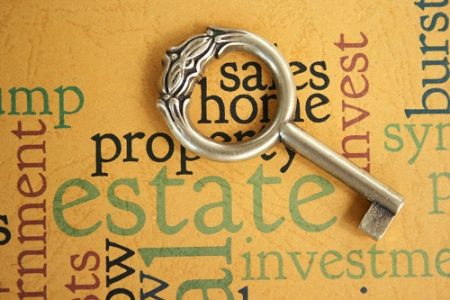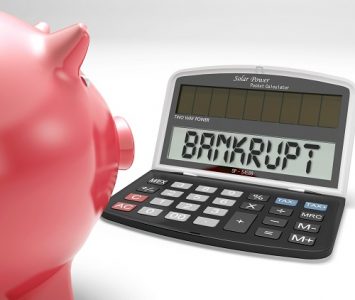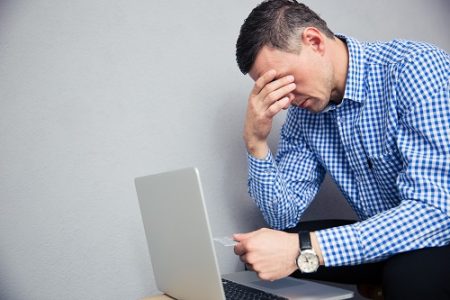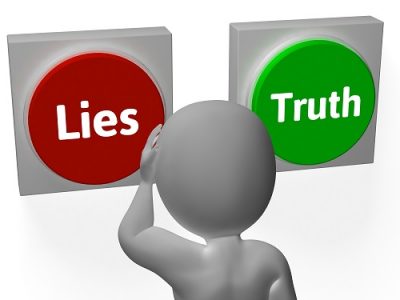Making a debtor pay his debts has always been a concern of society since the beginning of civilizations. At that time, the debtor himself was responsible for the obligation, with his freedom or even with his life. The obligation fell upon the individual and not upon his property. Roman Law Roman law contains enforced punishment … Read more
We can consider bankruptcy as a judicial solution to a debtor’s financial situation. In other words, it is a collective execution process, in which all the bankrupt’s assets are collected for a forced judicial sale, with the proportional distribution of the asset among the creditors. This gives creditors some satisfaction from the money that was … Read more
You may be wondering what will happen to your assets while filing for Chapter 7 or Chapter 13 bankruptcy. What are your bankruptcy options, and what exemptions are available to protect your assets? The first step of bankruptcy is filing a petition in federal bankruptcy court. You can file for Chapter 7 (liquidation) or Chapter … Read more
Bankruptcy is a legal process that helps individuals and businesses to remove all or a portion of their debt. It may be seen as a relief, but declaring bankruptcy has a serious, long-term effect on your credit. Step 1: Find a Good Lawyer You need to find an experienced attorney who can handle your case. … Read more
Bankruptcy is a word that sounds ominous itself and is a scary proposition for some people. Many debtors never enjoy the benefits of bankruptcy, or you can say they are just unaware of its perks. Bankruptcy indeed leaves an adverse effect on a person’s credit report for years, but yet it’s the best option for … Read more
Bankruptcy is a lawful procedure through which individuals ask the courts for help with their debts. Bankruptcy is dealt with in government courts, and rules are laid out in the U.S. Bankruptcy Code. There are several chapters of bankruptcy for individual filers. Chapter 7 is the quickest and easiest form of bankruptcy. Chapter 13 allows … Read more
Personal bankruptcy filings allow you to petition for liquidation of assets or reorganize your debts when you can no longer repay them. Although it provides some relief in case of financial distress, there is nothing personal about it. Bankruptcy filings are a public record and can be accessed by the general public by following the … Read more
Bankruptcy can be tricky to understand, especially when we talk about personal bankruptcy, there are many misconceptions regarding this topic. Bankruptcy is a term used when a company or a person has debts that they can’t repay, being that credit, mortgage payments, or other types of debts. Bankruptcy can, in some cases, reduce or even … Read more
In the United States, we are afforded legal protection when we file bankruptcy. The law allows us to eliminate our debt and relieve our financial burden. We can file Chapter 7 liquidation bankruptcy or Chapter 13 reorganization bankruptcy as an individual or with a spouse. Where problems can come from is if you either intentionally … Read more
When people get into financial trouble and operate a small business, they may wonder what will happen to the business. Whether or not you wish to continue operating the business will determine the type of bankruptcy you should file. Chapter 7 Chapter 7 bankruptcy can be filed both for yourself or your small business. If … Read more











